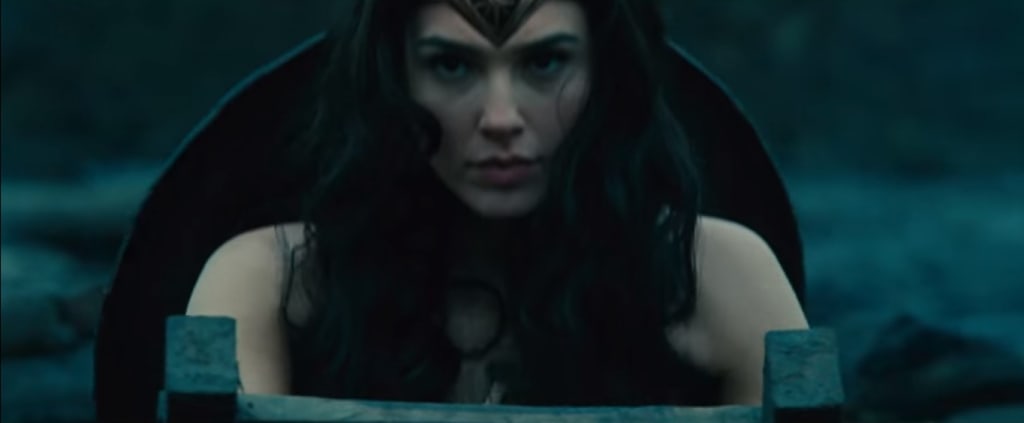
Created in 1941, Wonder Woman has always been a powerful symbol of equality. Her creator, William Moulton Marston, believed that world peace would only come when women took charge; Wonder Woman was largely created as a popular expression of his beliefs. In the decades since then, we've seen Wonder Woman take center-stage in the comics, becoming one of DC's famous 'Trinity' of major superheroes. 2017 will see the Amazon superhero take to the big screen in her first solo movie!
But less than two months ago, Wonder Woman was awarded a surprising new title. She was appointed a UN Ambassador for Gender Equality, and declared by the United Nations to be "the most iconic female superhero of all time"!
Her career has been a pretty short one, though. Today, less than two months after appointing her as their ambassador, the United Nations has effectively 'fired' Wonder Woman.
What Went Wrong?
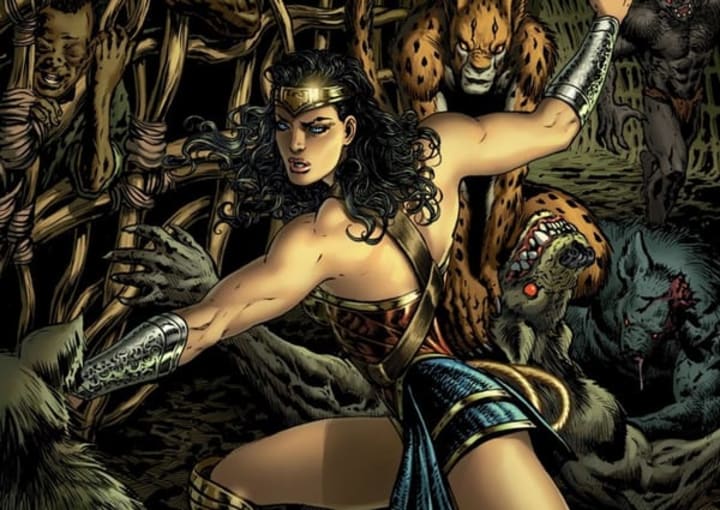
A recent cover from 'Wonder Woman'. [Credit: DC Comics]
The appointment was controversial from the get-go, with UN staff members appalled at the choice. A petition calling on the UN Secretary General, Ban Ki-moon, to reconsider the appointment has passed 44,000 signatures, while 100 people protested the appointment in the UN visitor's lobby. There were a number of reasons for the outrage, and they range from ill-thought-out to valid, disturbing points.
Fundamentally, a number of protesters felt that it would have been more appropriate to give the role to a living person — a woman who could actually represent women, who could travel to troubled locations and give speeches that actually dealt with real-world issues. In contrast, for Wonder Woman, any social commentary would take place in comic book form; this posed a real problem, given that publisher #DC comics would naturally be as concerned with the financial success of the comic books as it was with the messages the comics sent. Imagine, for example, a situation where women were being treated poorly in South Korea — a growing comic book market. Would DC risk being counter-cultural by making a political statement in the Wonder Woman comic?
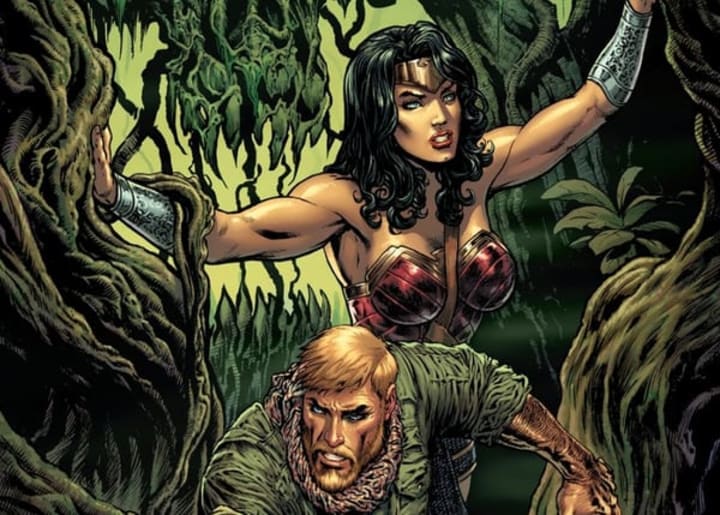
Wonder Woman and Steve Trevor. [Credit: DC Comics]
Tying in to this, others saw Wonder Woman's choice as a snub against all the real-world people who have dedicated their lives to the pursuit of equality. France's highest-ranking female Cabinet minister, Segolene Royal, suggested that "Nobel Peace Prize winner Wangari Maathai would have been a good choice".
Added to this, Wonder Woman is a classically American superhero; her classic costume, after all, even includes homages to the stars and stripes. This adds a powerfully important political aspect to the decision, aligning the pursuit of gender equality with an Americanized (not to mention white) version of womanhood. It risks confusing gender equality with populist 'Western' feminism, with the distinct possibility that some countries will reject it out of hand as a result.
Body Image
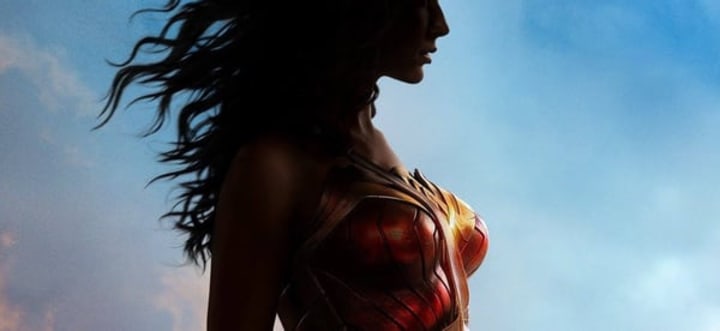
The 'Wonder Woman' poster. [Credit: Warner Bros.]
The next problem, though, is that superhero comics don't exactly have a tradition of treating strong women well. From boob windows to bathing-suit costumes, Marvel and DC superheroes have often been sexualized to a remarkable degree. Many academics have expressed concern that these sexualized images encourage stereotypes of feminine beauty, and damage women's sense of body image. As the petition observes:
"Although the original creators may have intended Wonder Woman to represent a strong and independent “warrior” woman with a feminist message, the reality is that the character’s current iteration is that of a large breasted, white woman of impossible proportions, scantily clad in a shimmery, thigh-baring body suit with an American flag motif and knee high boots –the epitome of a “pin-up” girl."
Until earlier this year, controversial comic book artist Frank Cho was assigned to produce variant covers of Wonder Woman. Cho's art is controversial precisely because he is absolutely insistent that he has the right to sexualize female characters, and that any attempt to prevent him doing so is to curb his freedom of speech rights. Repeated clashes with writer Greg Rucka — including over the length of Wonder Woman's skirt — finally led him to quit in a huff.
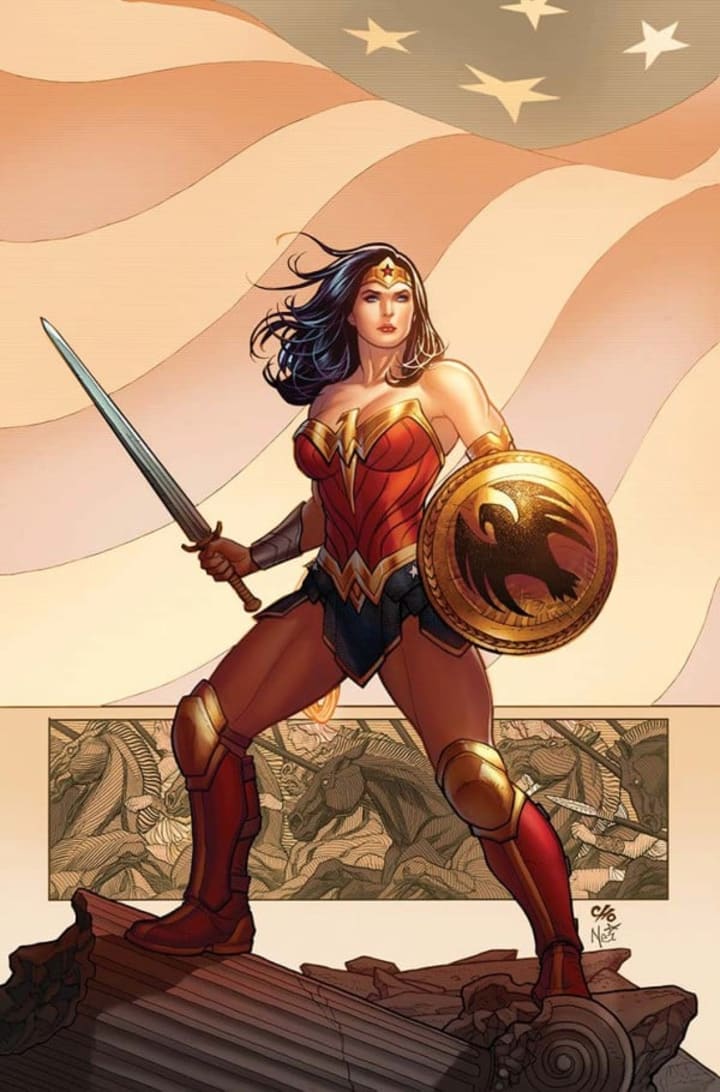
Frank Cho's Wonder Woman. [Credit: DC Comics]
Whether you like Frank Cho's art or not, here's the thing; having Wonder Woman be the Ambassador for Gender Equality means that every single variant cover DC produce would inevitably be seen as a political statement. There's simply no way that was going to work.
The Outcome
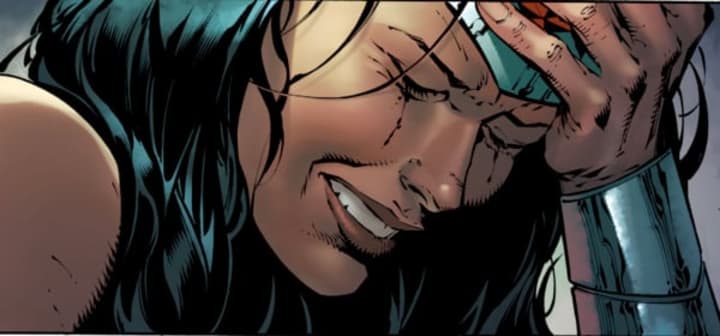
Wonder Woman. [Credit: DC Comics]
Sadly, Wonder Woman's brief stint as a UN Ambassador has come to an end - and with only a fraction of the fanfare that heralded her employment under two months ago. The UN has released a statement saying her tenure will come to an end on Friday, despite pre-existing plans to feature her in equality campaigns in 2017. The only official word came from UN spokesman Jeffrey Brez, who told Reuters that "campaigns using fictional characters often lasted no longer than a few months". Whether the move came about as a direct result of the widespread protests and criticism remains unclear; DC have confirmed that a special 2017 Wonder Woman comic focused on "the empowerment of women and girls" will still be released.
It's a sad end to a story that superhero fans celebrated, but I must admit that I agree with the decision. I do believe that the best fiction — including comics books — is strongly political, and has the power to challenge social norms. But the complaints against Wonder Woman's role were very strong indeed, and the problems ultimately seem to have been insurmountable. For now, though, DC fans can still take solace from the fact that their favorite female superhero was popular enough to even catch the eye of the United Nations!
(Sources: BBC News, New York Times, Reuters, The Petition Site)
About the Creator
Tom Bacon
A prolific writer and film fan, Tom has a deep love of the superhero genre.


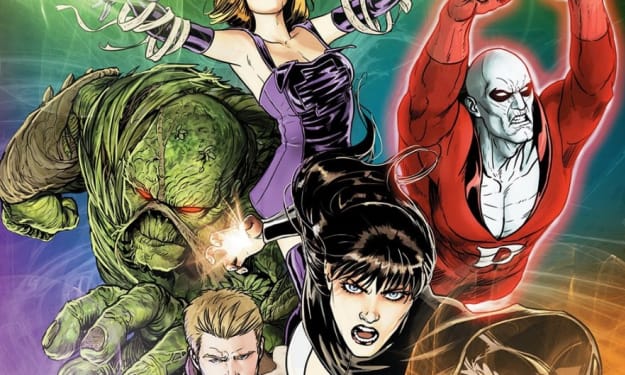



Comments
There are no comments for this story
Be the first to respond and start the conversation.